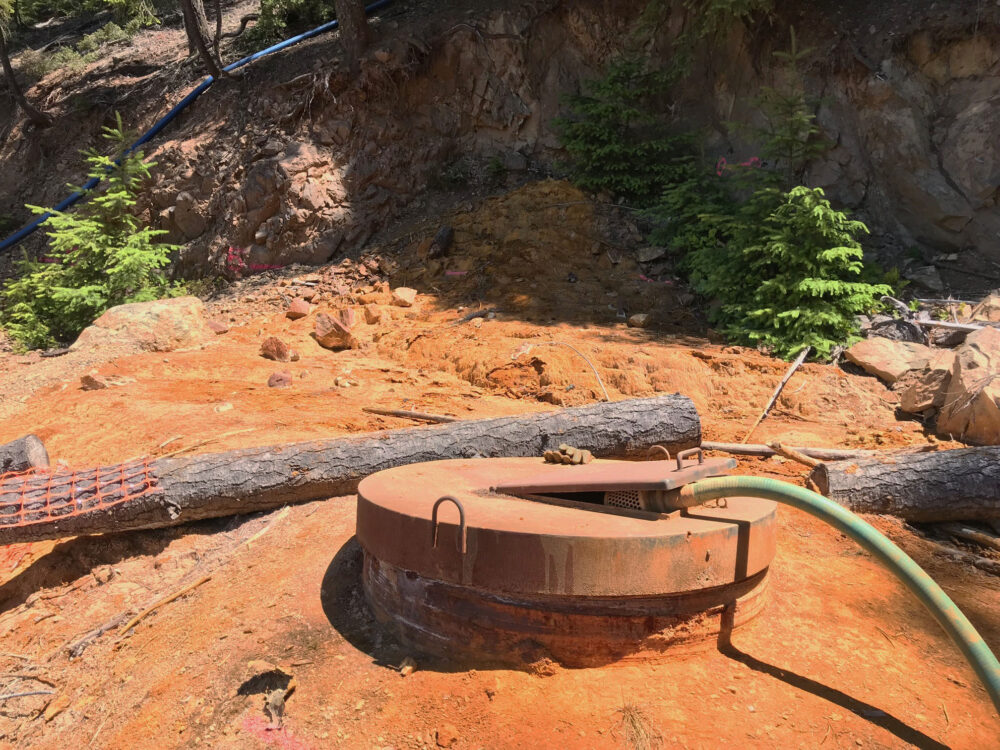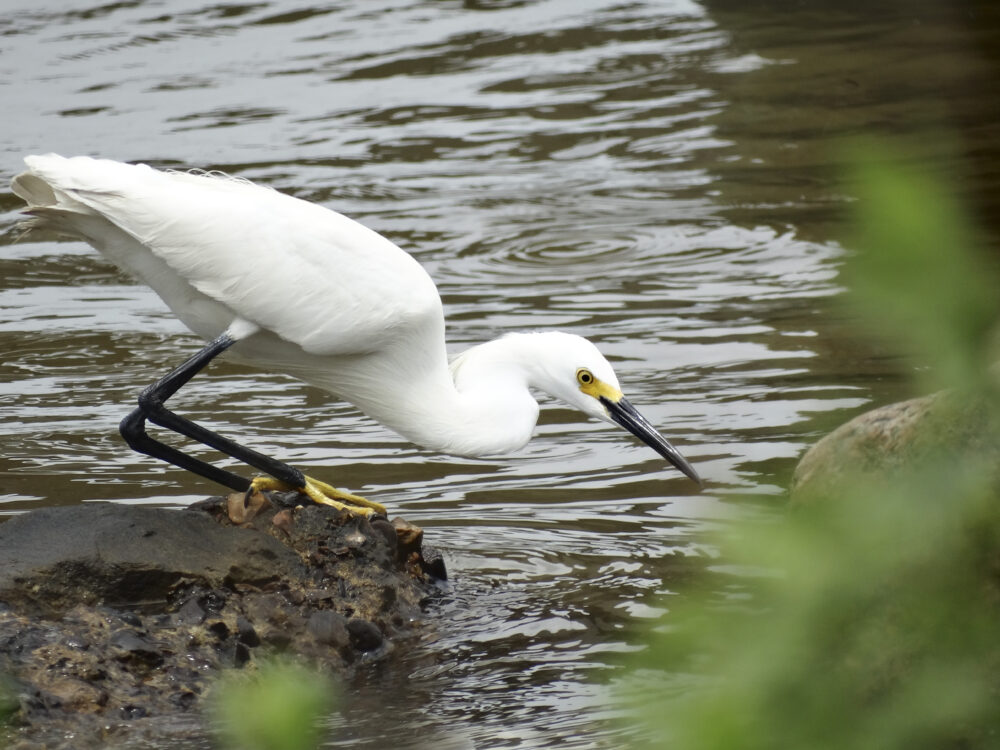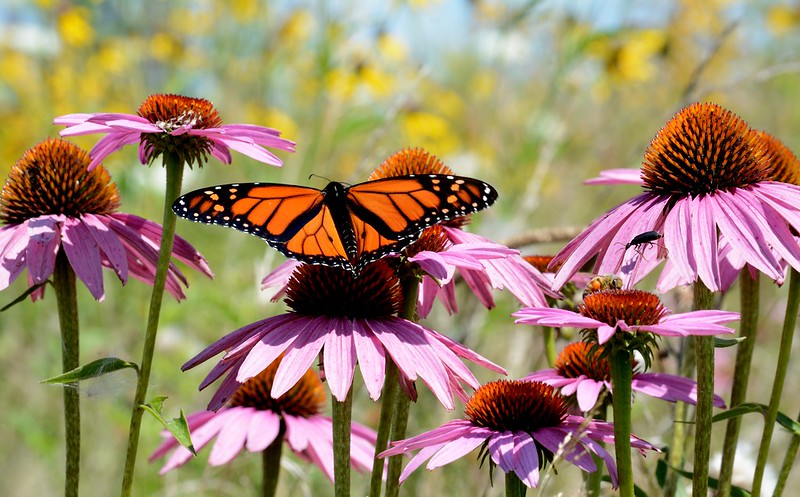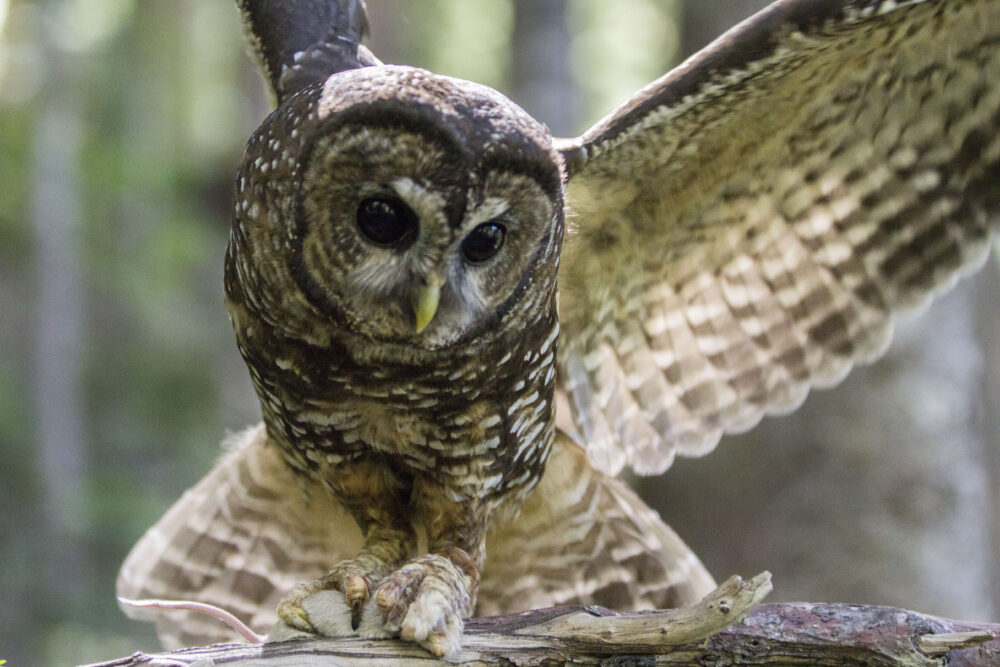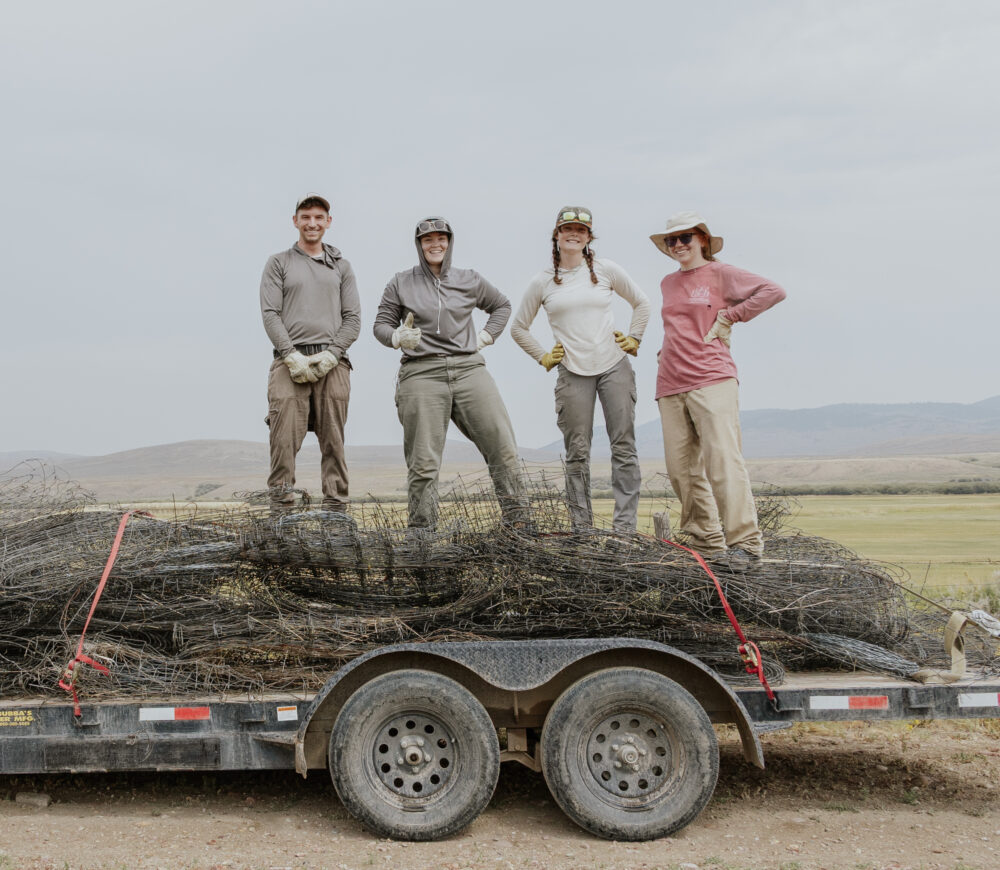We have much more to do and your continued support is needed now more than ever.
Why Chicks Need Potholes
I find this strange to say, but I want more potholes.
Not the failure-of-asphalt kind that wreak havoc with cars. I want more of the kind Mother Nature makes, the ones that beautiful shorebirds like the American Avocet use to raise their young.
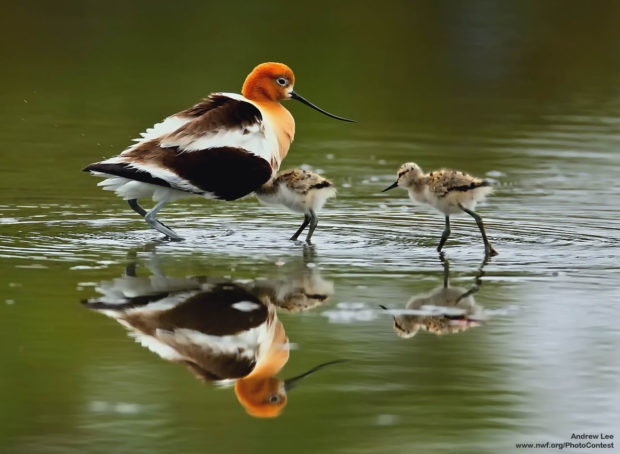
As ancient glaciers retreated over 10,000 years ago, millions of shallow depressions were left in the earth. These potholes fill with snowmelt and water in the spring, creating valuable wetlands – prairie pothole wetlands – that support rich plant and animal life.
The Great Plains of America once boasted the most extensive grassland in the world, with 100,000 acres of prairie pothole wetlands. Today, half of these wetlands have been drained for agricultural development. They’re GONE.
And so, too, went half the habitat for birds like the American Avocet, which nest every spring in these wetlands.
Unfortunately, even more of Avocet habitat might be drained or plowed under at will if new U.S. Department of Agriculture procedures go through as proposed. Give American Avocet chicks a chance! Urge federal decision makers to protect remaining prairie pothole wetlands for American Avocet and other shorebirds.
No one ever forgets their first siting of an American Avocet. It’s a tall, well-groomed bird with a long, upturned bill and striking coloration. Flocks of these birds can be seen tipping forward in unison, swinging their heads rhythmically from side to side, skimming the surface of the water for tiny food items.
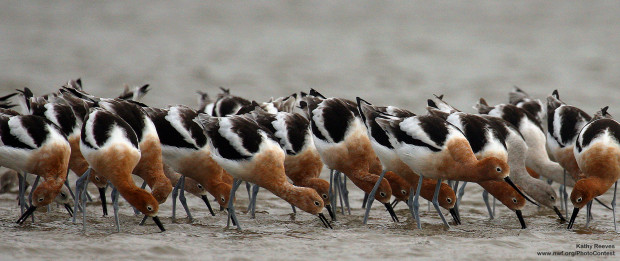
- Females sometimes play musical nests! A Female American Avocet may lay eggs in the nest of another female, who then nurtures the eggs. She may even lay eggs in other species’ nests, like the Mew Gull.
- Chicks are quick swimmers. Chicks leave the nest within 24 hours after hatching. One day old Avocets can walk, swim and some even dive to escape predators.
- Co-parenting FTW! Both parents build the nest and tend the chicks.
- On defense, they can be ventriloquists. When faced with a predator, the Avocet sometimes issues a series of call notes that gradually changes pitch. This makes it seem like its approaching faster than it actually is.



